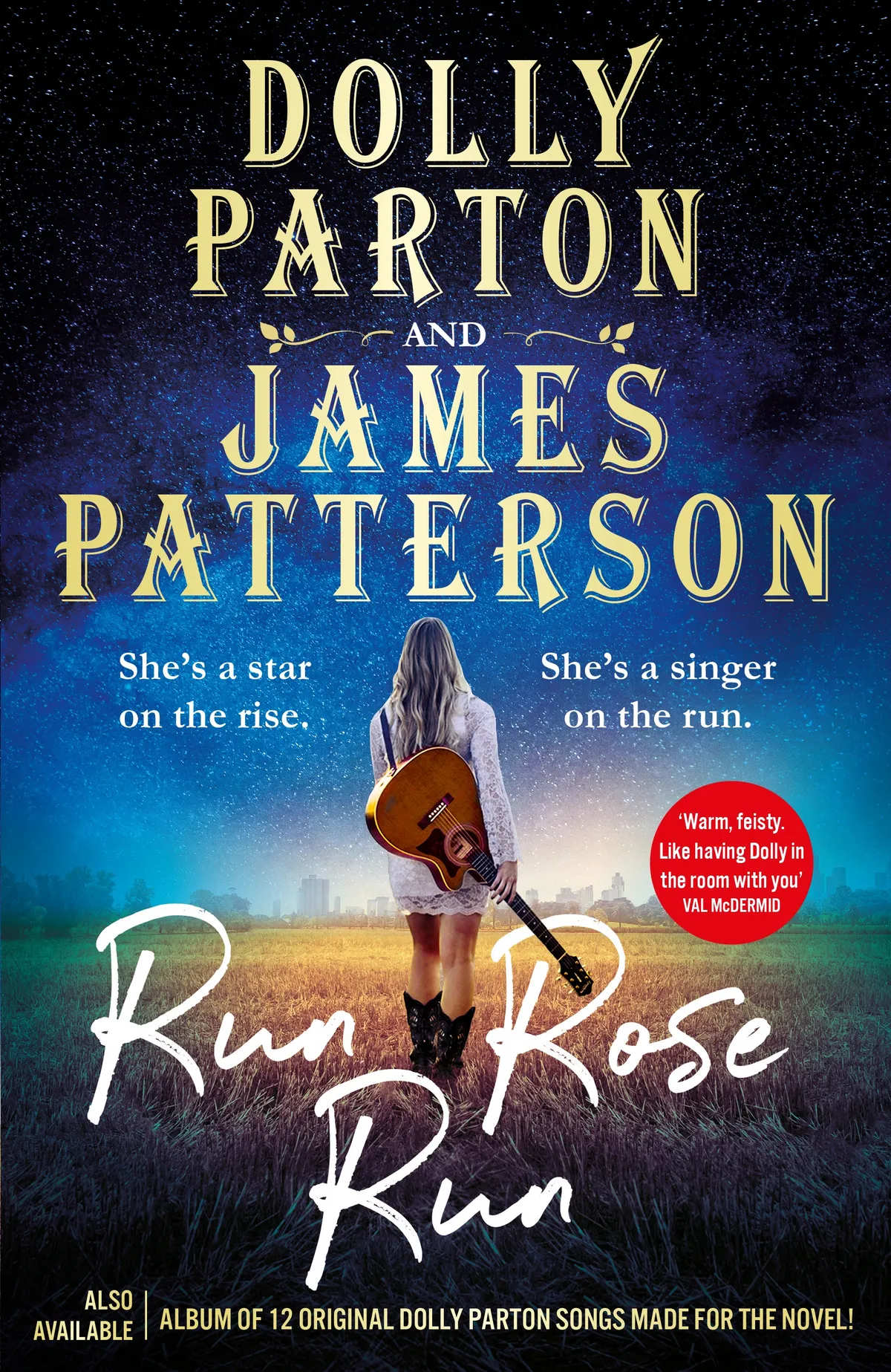A decade or so ago, audio storytelling was in the doldrums. Radio stations were cutting drama from their budgets, while audiobooks, involving little more than a single narrator in compressed MIDI format, were waning in popularity. Children might have been lulled to sleep with the dulcet tones of Stephen Fry reading Harry Potter, but that was where it started and finished.
Now, Penguin Random House are releasing an audiobook of George Saunders’s Booker Prize-winning novel Lincoln in the Bardo with an A-list Hollywood cast of 166 different narrators, while Audible has just released a version of Sleeping Beauty with Stephen Fry and a full cast, with music from the London Symphony Orchestra. Podcasters are being commissioned to write memoirs and novels in their droves, with publication in audiobook format being favoured over ebook and hardback equivalents. Many of these releases offer bonus audio content and, in the case of successful podcaster Adam Buxton, exclusive music and jingles. The advent of high‑budget audio drama and the growing interest in true crime and narrative-led podcasts means our standards have been raised. We now expect stories to be much more immersive.
For one tiny record label in rural Scotland, the intersection between music and storytelling has provided an opportunity. ‘Soundtracks for books on tapes – that’s what we do. That’s it really. There’s no grand scheme or marketing ploy. It does what it says on the tin.’ That’s Stuart McLean, the founder of Bibliotapes, a project which commissions composers to write new scores to classic novels. Each soundtrack is released on cassette, packaged in the style of a 1960s Pelican paperback. Despite having no website, glossy PR campaign or highly curated Instagram account, the label now has a cult following, with every limited run of cassettes selling out within just a few days.
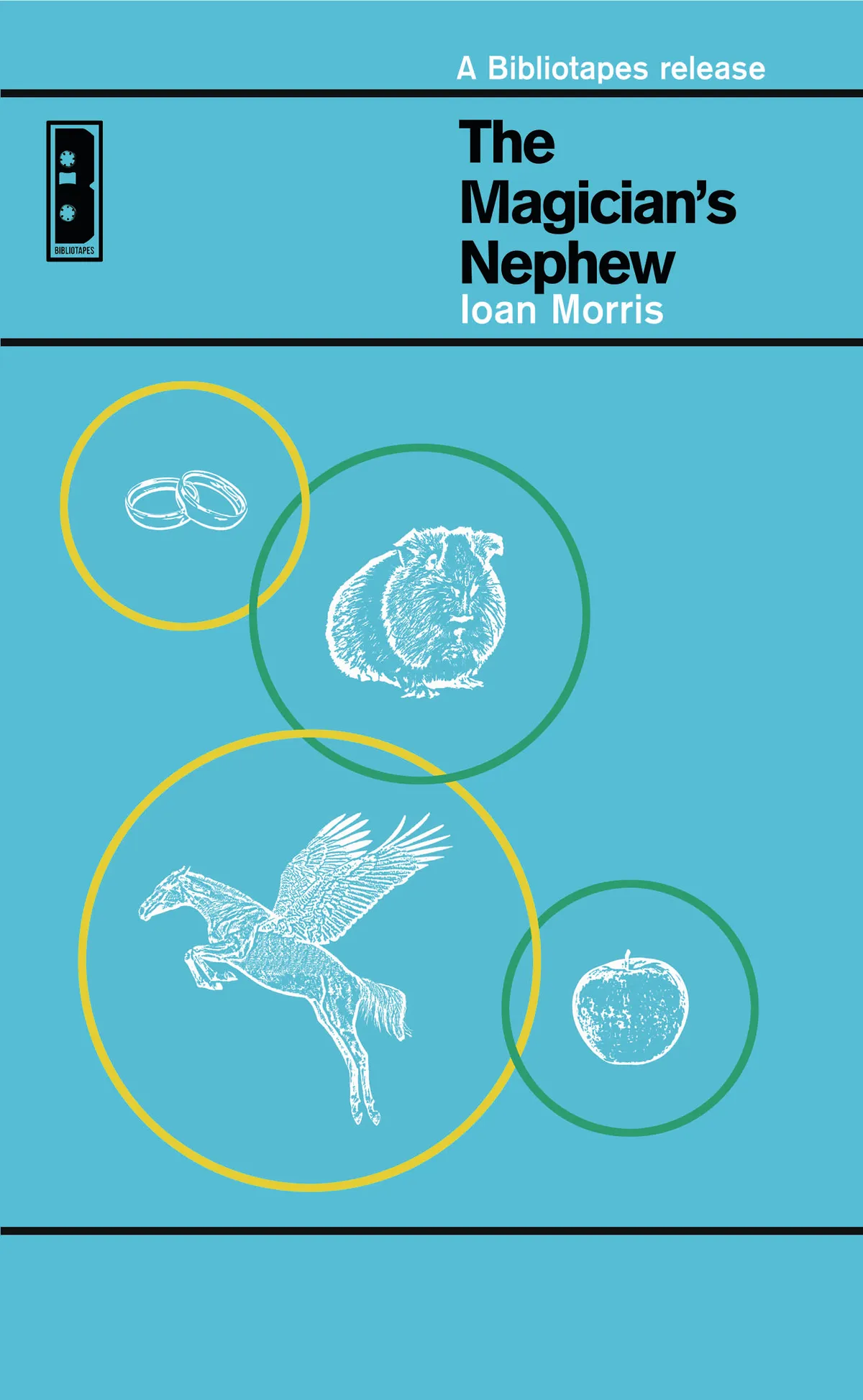
It’s not surprising, seeing as we’ve enjoyed film scores for the best part of a century. You’d be hard pressed to find a child who couldn’t sing you the theme to Harry Potter or hadn’t dreamt of battling with lightsabers to the sound of John Williams’s Imperial March. After all, many of the most famous scores were written for film adaptations of novels. The success of Stanley Kubrick’s film adaptation of the Steven King novel The Shining was matched by the popularity of its music. Wendy Carlos’s haunting score was reissued this year on vinyl for the first time in over 40 years, reaching a new generation of fans.
McLean’s investment in Bibliotapes is on a slightly smaller scale. ‘I used to sell them in runs of 50 tapes, but it started to get a bit popular, so I pushed it to 75,’ he says. ‘I do everything myself from home. I buy the blank tapes and cases from Merseyside and then send them to the printers in Newton Stewart. They’d never printed a cassette tape before I came along.’
Since its launch in 2019, the label has produced soundtracks for books including Kurt Vonnegut’s Cat’s Cradle, Frank Herbert’s Dune, CS Lewis’s The Magician’s Nephew and Anthony Burgess’s A Clockwork Orange. Many of these novels also have highly successful film scores to their name, but these played no part in the composers’ processes. ‘I was very conscious of the Nineteen Eighty-Four film and the fact that artists like David Bowie had also been influenced by the novel,’ says Neil Stringfellow, composer of the Bibliotapes soundtrack to the George Orwell novel. ‘I didn’t want to hear any other sounds associated with it. I had to steer away from those other representations to create my own.’
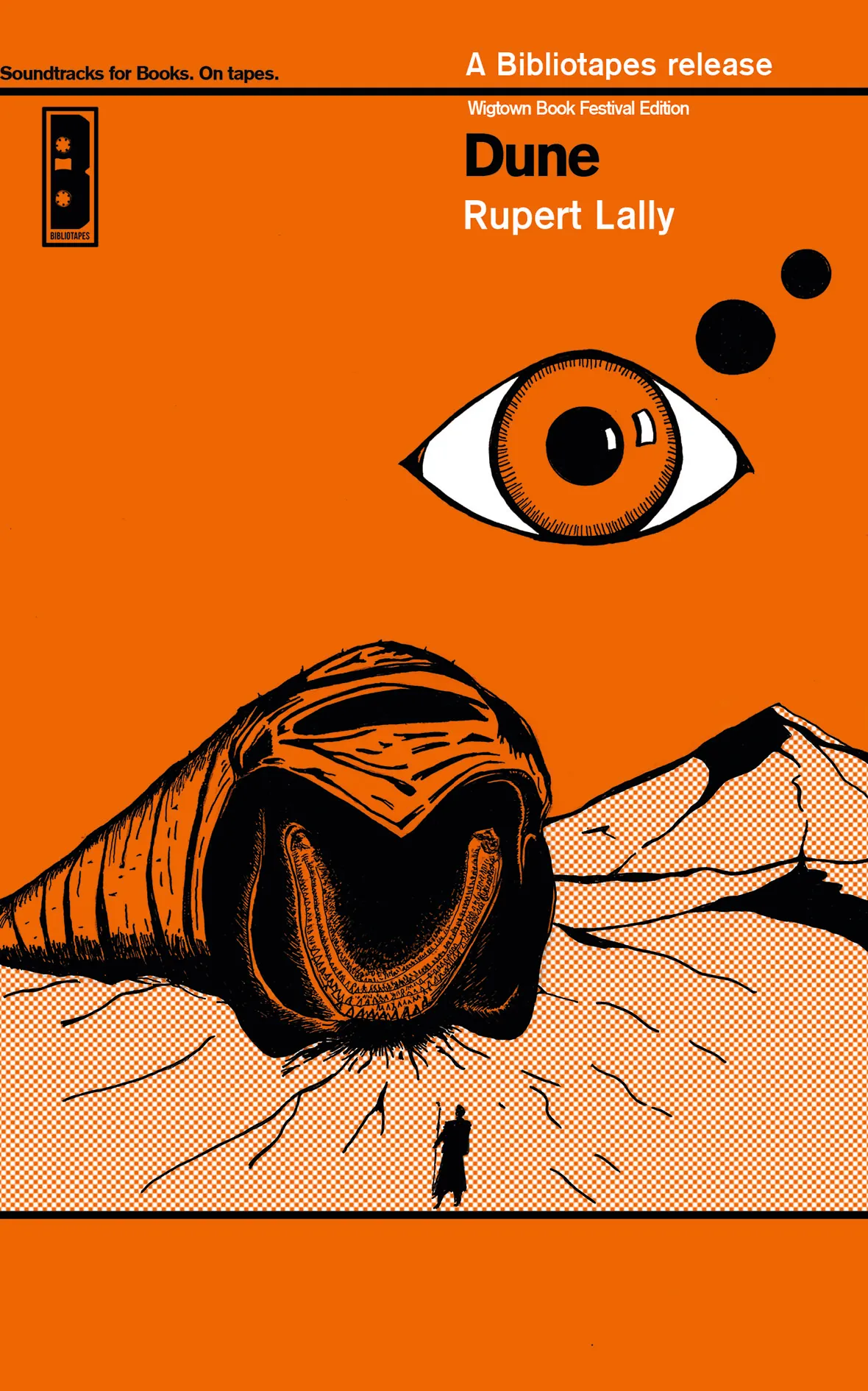
For Eoin Mac Ionmhain, composer of Bibliotapes’s I Am Legend, there were not one but three existing film soundtracks to compete with. ‘I purposely didn’t watch them,’ he says. ‘Instead, I looked at key episodes within the book and came up with different approaches for individual parts of the narrative.’ He admits to having turned to other musical styles and practices for inspiration. ‘I love Vangelis’s score for Blade Runner, but I wanted to have folk horror elements, like the soundtrack to The Wicker Man. I was also influenced by the weirder side of bands like Led Zeppelin and more experimental 20th-century styles like musique concrète.’
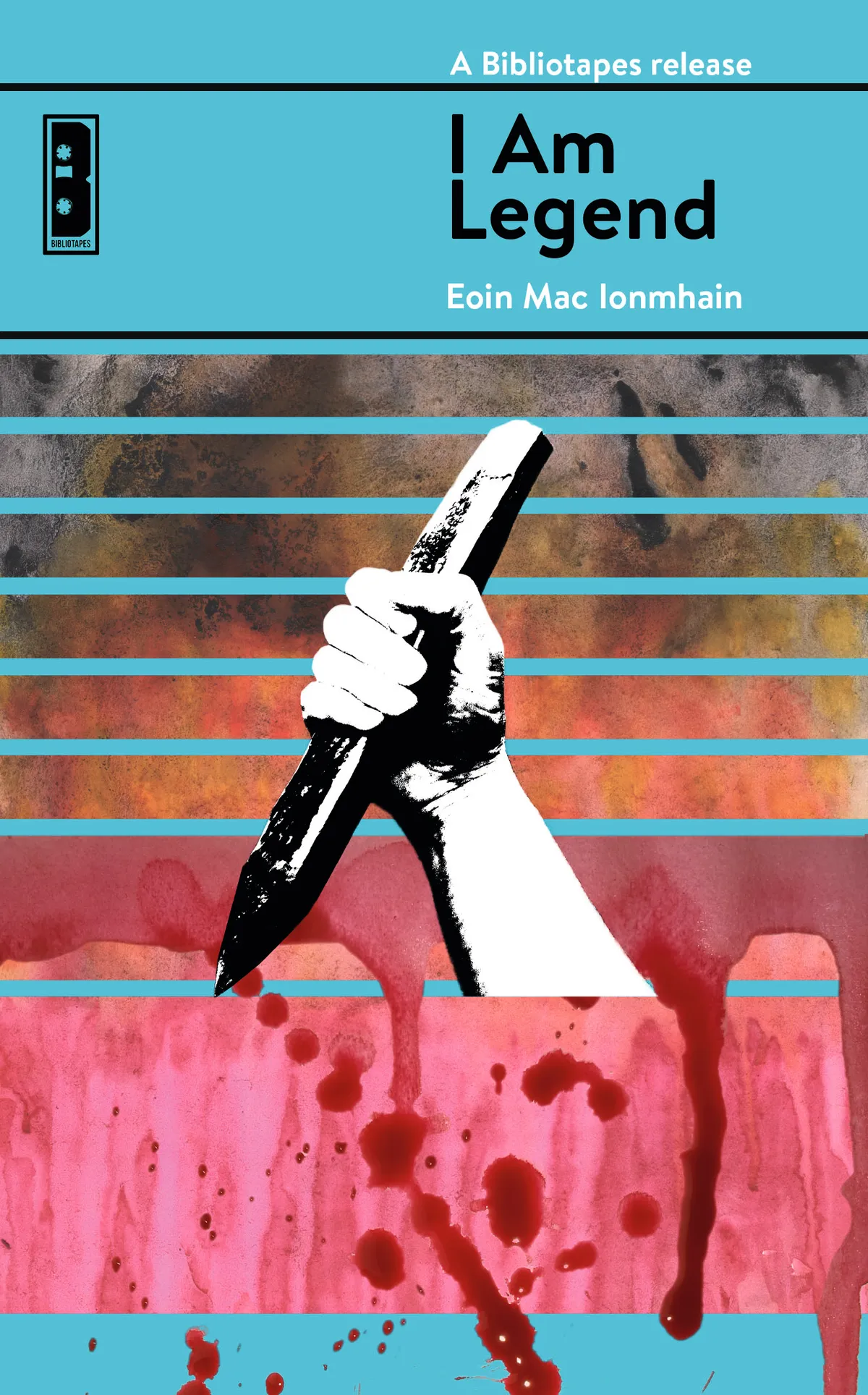
Dystopian fantasy worlds seem to be popular with the Bibliotapes composers, but Stringfellow admits there are issues with this. ‘It’s difficult to create a dystopian score because we’ve already got an idea of what it sounds like in culture, thanks to films like Blade Runner and Mad Max.’
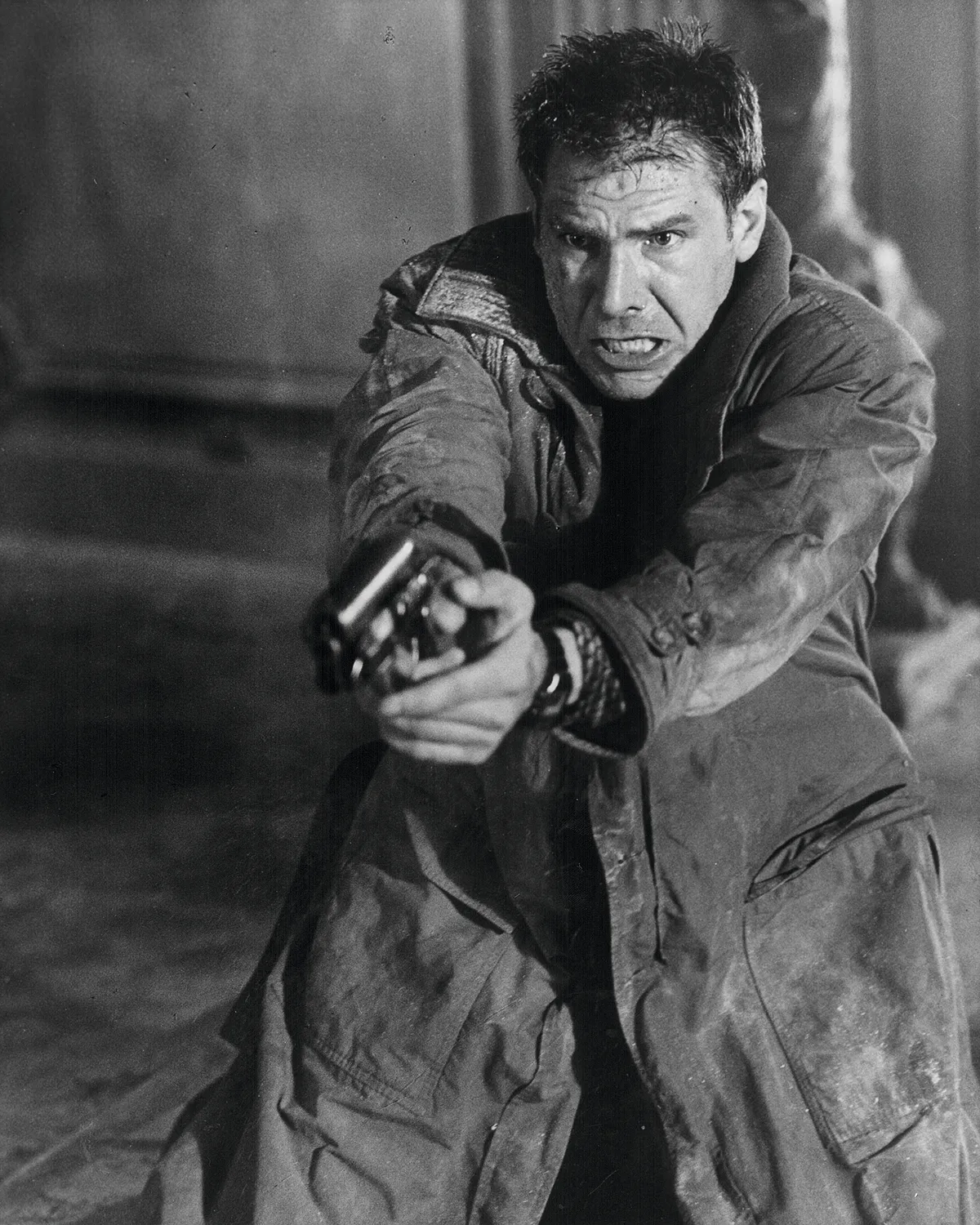
Rather than creating a literal interpretation of a dystopian world, his creative process began with a page-by-page analysis of the text. ‘It’s amazing how many references to sound and music you’ll find in a book once you start looking,’ he says. In his score, he brought together conventional instruments and household objects, with strings playing against the sounds of doors banging or the clock striking thirteen. Some novels are more easily soundtracked than others. Stringfellow initially tried to write a score to accompany WG Sebald’s novel The Rings of Saturn, which follows an unnamed narrator on a walking tour of Suffolk. ‘The narrator goes on so many tangents in the novel that it made it hard to create a clear line in the music,’ he says.
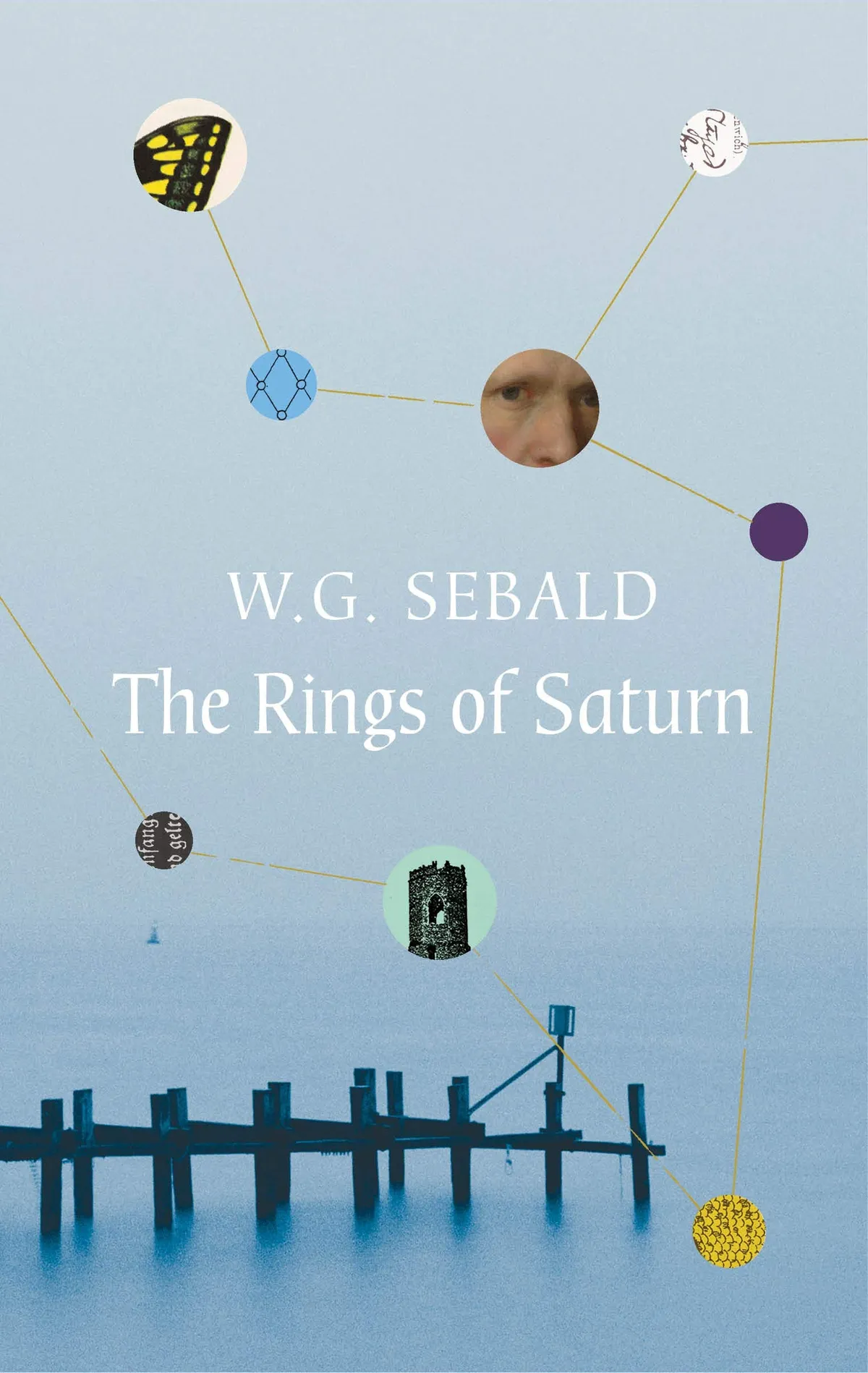
Regardless of the perceived popularity of a novel, many of Bibliotapes’s customers are coming to the texts for the first time. ‘People often listen to the cassettes without having ever come across the book and will subsequently go on to read it, joining the dots together based on what they’ve heard,’ says McLean.
Others will listen as they read to create an immersive atmosphere. This way of consuming book soundtracks might be more of a natural step for lovers of audiobooks, a form that has been transformed in recent years and now also places a sharper focus on music and sound effects. One company that has tapped into this growing trend is Booktrack. Having started life as a mastering and mixing service, the production company has added a soundtracking element to its offerings, providing full-length musical accompaniment for audiobooks of novels by James Patterson, Nicholas Sparks and even a 28-hour autobiography by Nelson Mandela. ‘Storytelling and soundtracking have a long history together,’ says Mark Cameron, Booktrack’s co-founder. ‘Think of the success of Prokofiev’s Peter and the Wolf.’
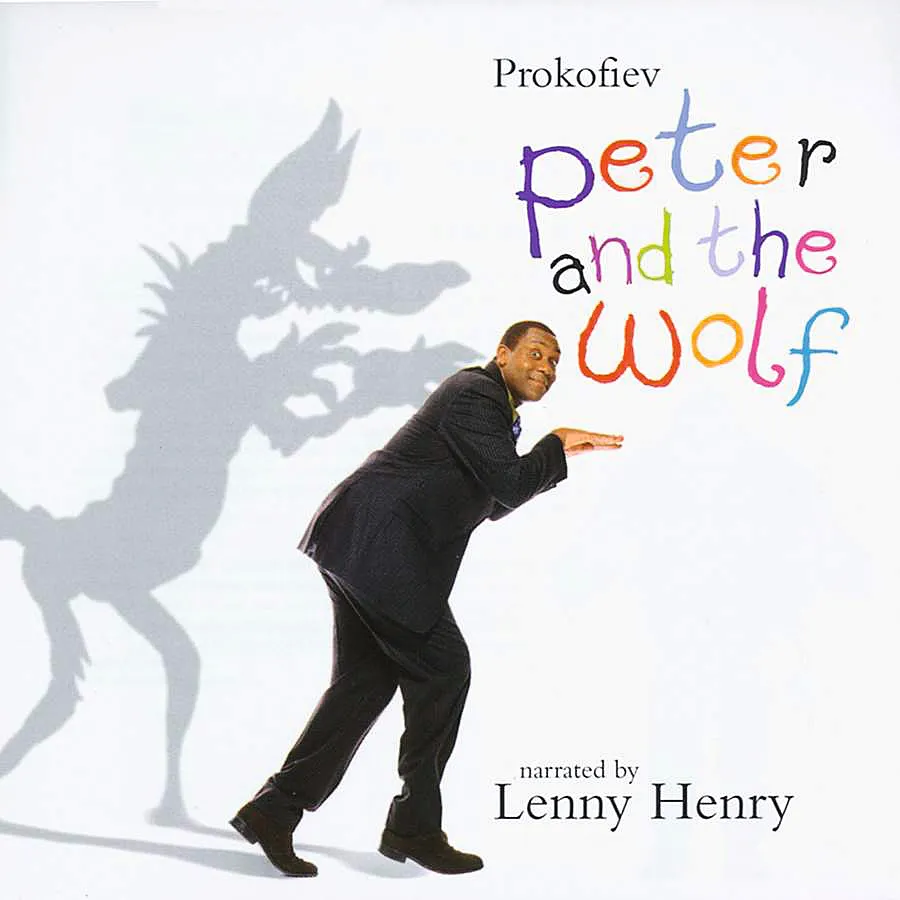
His company takes a very different approach to Bibliotapes, with the score providing a backdrop for the narrative rather than acting as a standalone product. Plus, the work is being carried out by engineers rather than composers. ‘We initially commissioned new scores and even worked with the New Zealand Symphony Orchestra, but it just wasn’t practical or economical,’ he says. ‘We’ve now paid for a licence for about 10,000 audio cues, which include sound effects and ambient sounds.’
With an intricate tagging system, engineers work through the novel, syncing up pieces of relevant audio, which are matched based on mood, context and era. Ambient sounds and stock music are phased in and out behind the narration. It might sound less romantic than the Bibliotapes model, but this is an affordable, viable option if you’re after something more longform.
With Amazon’s introduction of 3D spatial audio in its podcast and audiobook offerings, listeners are expecting more from their stories. ‘Younger listeners have almost come to expect a soundtrack,’ says Cameron. ‘They have multidimensional media habits.’ Whether it’s offered to the listener as an ambient backdrop to an audiobook or as a standalone soundtrack, delivered to your door on a limited-edition cassette, music is transforming the experience of reading novels. Just as we all know John Williams’s two-note motif for Jaws, perhaps one day we’ll all sing along to the theme tunes for Wuthering Heights and To Kill a Mockingbird.
Dolly Parton brings books and music together
‘I’ve combined my love of storytelling and books,’ Dolly Parton recently tweeted to her fans’ delight. The country legend’s debut novel, Run, Rose, Run, is set to be released in March, alongside a companion album of new music. Having written the book in collaboration with author James Patterson, Parton then got to work on a set of 12 songs based on characters and situations within the novel. It might be Parton’s first foray into fiction, but she isn’t straying too far from familiar territory. Run, Rose, Run follows a young woman who moves to Nashville to follow her dreams of becoming a star.
Preorder Run, Rose, Run now from Amazon Preorder Run, Rose, Run now from Waterstones
